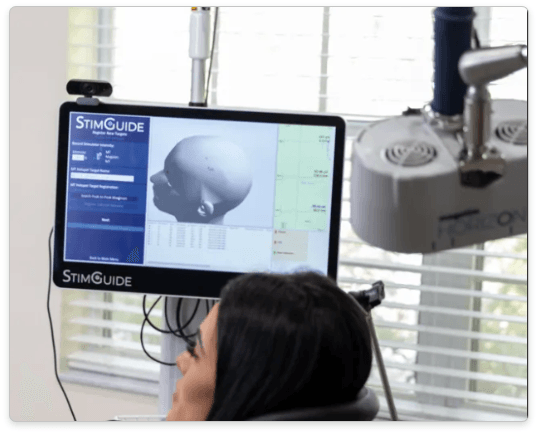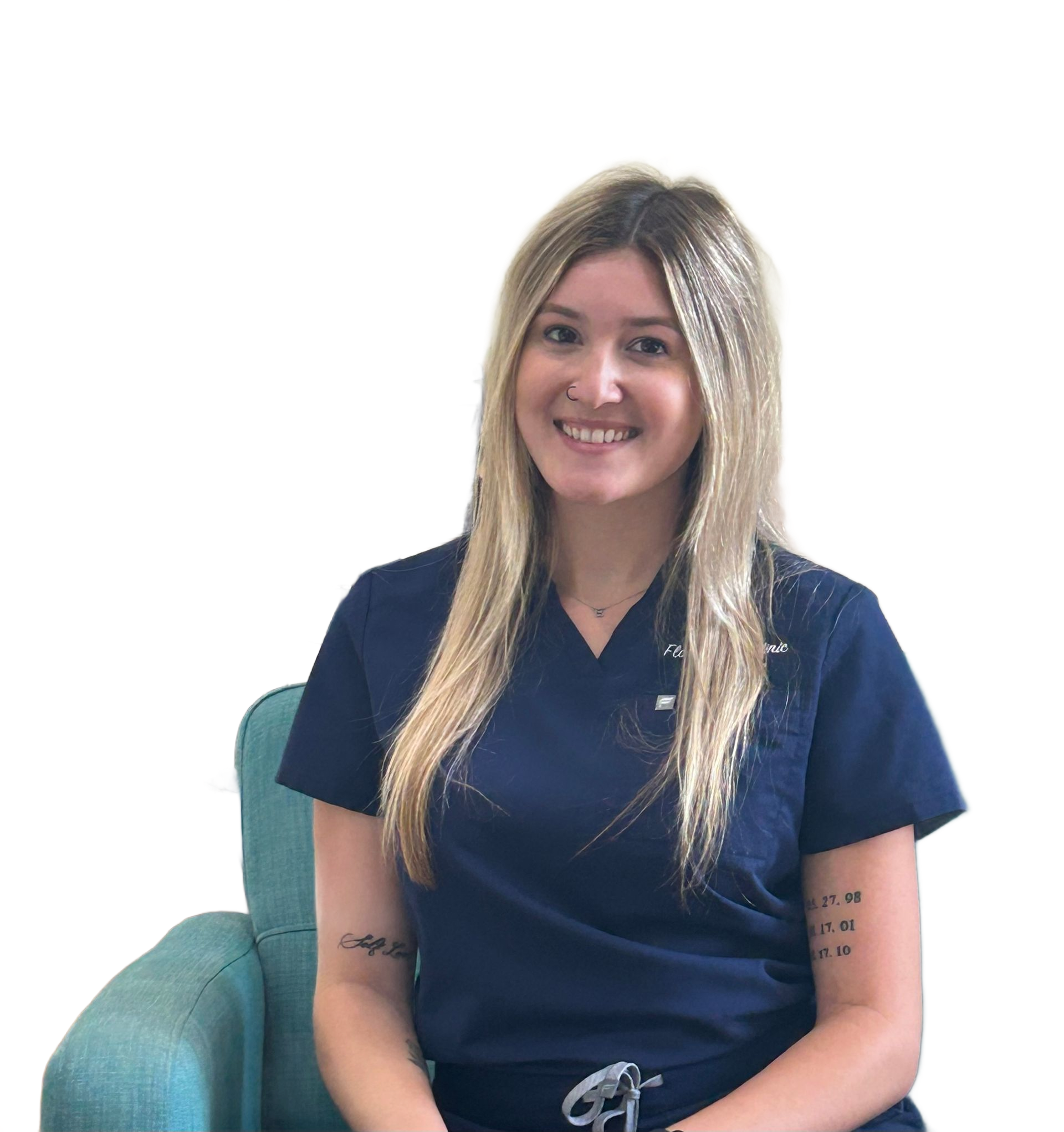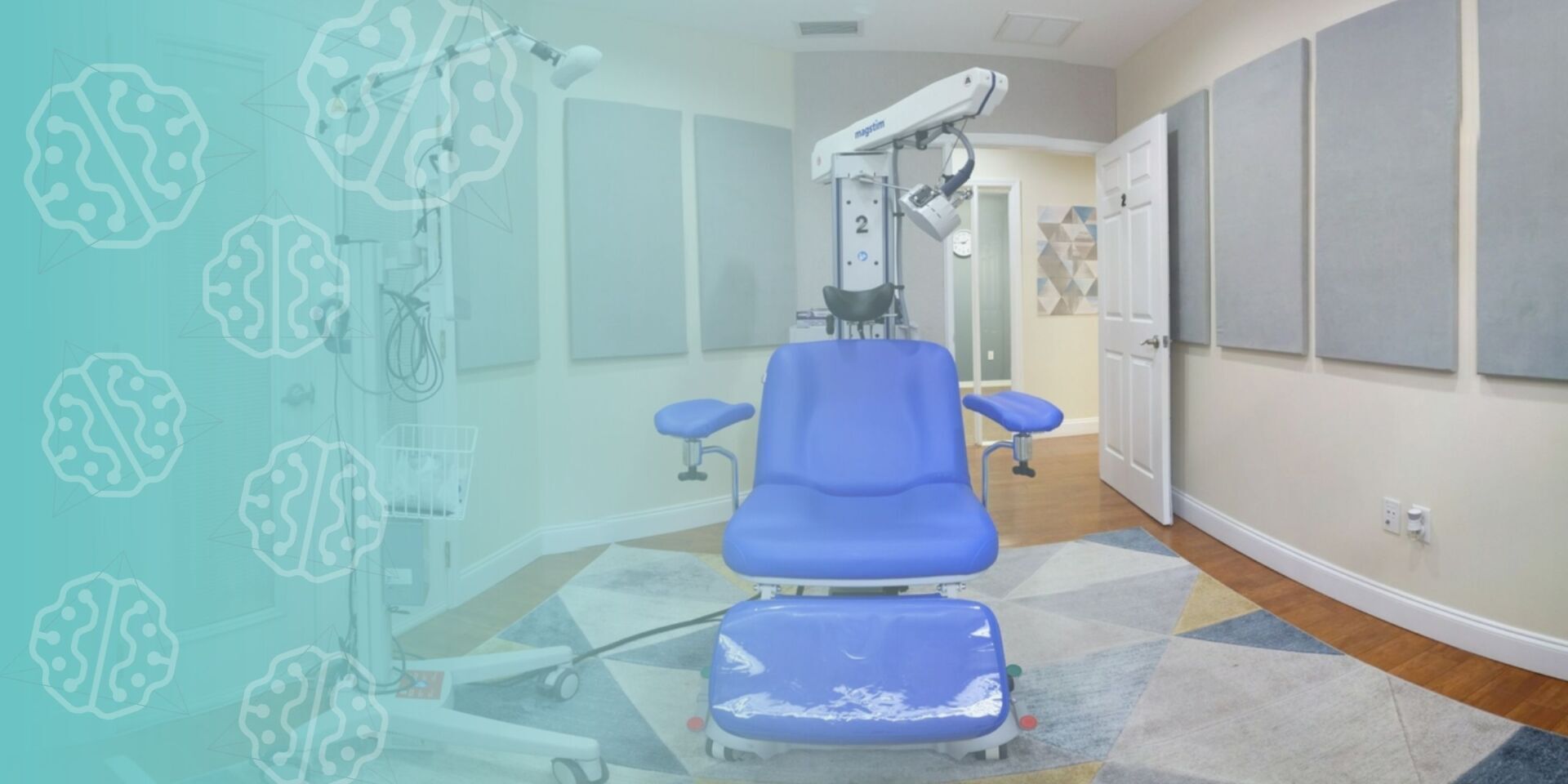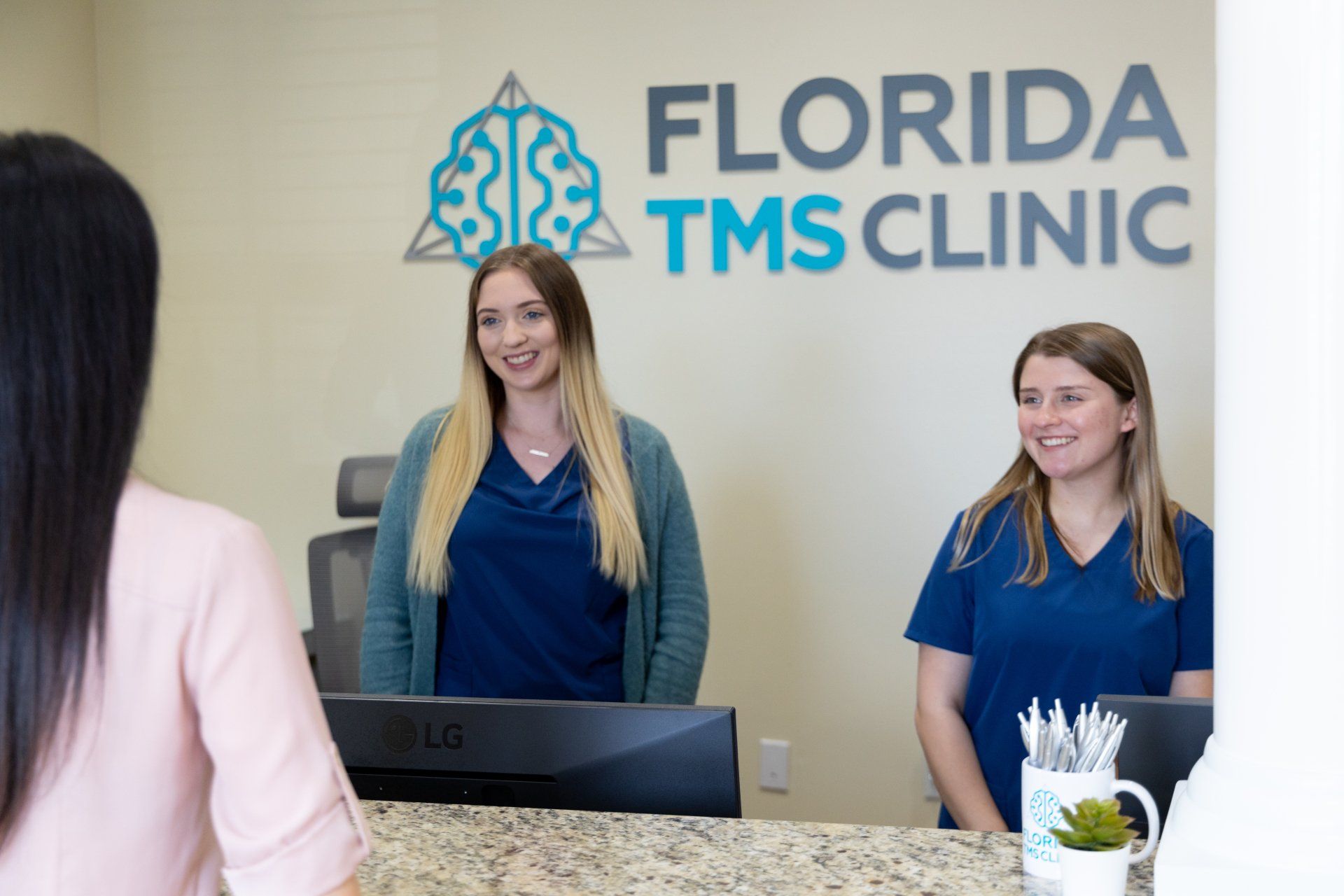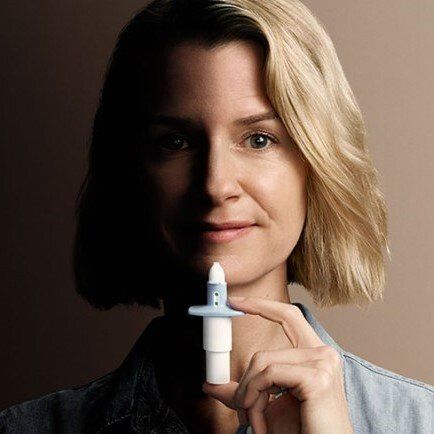Why Your Doctor Did Not Tell You About TMS?
~ 4 Minute Read
Dr. Khaled Bowarshi
TMS Psychiatrist
Have you ever wondered why you never heard of TMS Therapy before? How is it possible not to hear about it despite being an approved and safe treatment since 2008? In this article, I will explain the impact of depression on our society, the cost we are facing, and the solutions we have. Lastly, I will put my thoughts into why the most effective solution of them all is left in the dark.
One in five Americans is affected by mental illness every year. The majority being depression, anxiety, or the combination of both. Depression affects individuals early in life. This means that the lifetime morbidity and cost of depression could reach astronomical numbers. Depression is a chronic disorder by its nature. It is a relapsing-remitting disease (it comes, and it goes). It causes significant disability during severe episodes. The World Health Organization lists depression as a leading cause of disability worldwide. Approximately 6-7% of full-time U.S. workers experienced major depression (MDD) within the past year. The total economic burden of MDD is now estimated to be $210.5 billion per year. To put it in perspective, this is more money lost for depression than the total GDP of New Zealand! For every dollar spent on MDD direct costs in 2010, an additional $1.90 was spent on MDD-related indirect costs.
Teens’ depression on the rise, thanks to social media, screen time, and other factors. We can only expect the problem to get worse over time. Depression is headed to be a major epidemic facing humanity in the next few years. Despite all we know, we are still struggling to provide the appropriate treatment options to patients battling depression. The lack of awareness of Transcranial Magnetic Stimulation (TMS) as an effective treatment option for Treatment Resistant Depression (TRD) is a screaming example of this failure. If you are battling depression and the possibility of TMS was never brought up to your attention, then you are not alone. The vast majority of primary care providers, psych nurse practitioners, therapists, psychologists, and even psychiatrists, never bring up the option of Transcranial Magnetic Stimulation (TMS). That’s even though TMS is effective, safe with no systemic side effects compared to medications. I put together the top 5 reasons why your doctor is not telling you about TMS.
How does TMS work? Click here to learn more
#1. Your psychiatrist doesn’t know about TMS.
Many psychiatrists don’t know much about Transcranial Magnetic Stimulation. However, it was approved by the FDA in 2008 and included as a treatment option in the American Psychiatric Association practice guidelines in 2010. Still, many psychiatrists don’t have this option in their treatment options algorithm. Recent takers of the American Board of Psychiatry and Neurology (ABPN) would agree that the topic of transcranial magnetic stimulation is not tested on the board exam. We know that 60% of psychiatrists in the US are over 55, making psychiatrists one of the oldest of all medical specialties. This means that these psychiatrists have no hands-on experience with TMS during their psychiatry training.
#2. Your psychiatrist doesn’t have a TMS system available in the clinic or doesn’t know one who does.
This is called availability bias. It is more like “if you are a hammer, then all you see are nails.” If your psychiatrist doesn’t have a TMS system, then the chances of her/him bringing it up as a treatment option will be less. TMS systems are costly. Depending on the technology it uses, the cost is between $100K to $200K. Compare that to a few cents cost for a prescription pad!
#3. Your family doctor doesn’t know about TMS.
Now let’s face it. There is a massive shortage of psychiatrists in the U.S. Family physicians are doing most of the heavy lifting. This means that family physicians are faced with being first-line providers to treat depression. Contrary to what one could think, psychiatrists are not the most prescribing specialists of antidepressants. Primary care physicians are the number one prescribing specialty of antidepressants in the U.S. Most primary care physicians don’t know about TMS. As explained in #1, many psychiatrists don’t know about TMS. It’s no wonder why family physicians don’t know either.
#4. Pharmaceutical companies don’t want you to know about TMS.
Pharmaceutical companies will continue to run commercials about their newest antidepressants whenever they get the chance to do so. Pharmaceutical companies are thrilled to give doctors samples of their latest medication to try their patients on. They know that the chances of response are very slim in some cases. They are in the business of making chemicals, after all. Why would they ever mention other treatment options in their ads?
#5. Insurances makes it very difficult for your doctor to advocate for your TMS Therapy.
We all know that commercial insurances make money when they don’t spend it on their members. Insurers try to find any possible reason to avoid paying for your TMS. All commercial insurances require prior authorization to pay for TMS therapy. The criteria they put in place are ridiculous at times. For example, before considering a patient for TMS, the patient should have done the following: Tried four different antidepressants, continue each one for the full duration of treatment at the maximum dose. These medications should be from at least two different pharmacological classes of antidepressants. At least two of these medications should have been augmented by another. The patient should have tried a full course of cognitive-behavioral therapy. All the above to be done during the current acute depressive episode. In other words, your insurance wants you to suffer depression for almost a year before approving your TMS. These criteria were inspired by depression treatment guidelines based on a study published in 2006 called STAR*D. But wait, TMS was approved in 2008. TMS was not included in the STAR*D trial in 2006! How is this even acceptable logically. How could you go back in time! Insurances want us to treat patients in 2021 based on old science presented 15 years ago. That is the kind of hypocrisy that is standing between breakthrough medical treatments and delivering such therapies to the patients. In summary, some doctors might just not bring up TMS because of the headache involved in obtaining approval from some insurers.
Florida TMS Clinic was founded to tear-down all the above barriers. We are committed to delivering patient awareness directly. We offer free consolation to any patient interested in learning about TMS. If you have insurance, we will advocate for you to get your treatment approved and paid for by your insurer. If you don’t have insurance or your insurance denied your case, then we can help too. We offer the most advanced TMS therapy technology at the most affordable cost in the U.S.
References:
Key Facts About Depression World Health Organization https://www.who.int/news-room/fact-sheets/detail/depression
Workplace Mental Health http://www.workplacementalhealth.org/Mental-Health-Topics/Depression/Quantifying-the-Cost-of-Depression
Rush AJ, Trivedi MH, Wisniewski SR, Nierenberg AA, Stewart JW, Warden D, Niederehe G, Thase ME, Lavori PW, Lebowitz BD, McGrath PJ, Rosenbaum JF, Sackeim HA, Kupfer DJ, Luther J, Fava M. Acute and longer-term outcomes in depressed outpatients requiring one or several treatment steps: a STAR*D report. Am J Psychiatry. 2006 Nov;163(11):1905-17. doi: 10.1176/ajp.2006.163.11.1905. PMID: 17074942.
Pigott HE. The STAR*D Trial: It Is Time to Reexamine the Clinical Beliefs That Guide the Treatment of Major Depression. Can J Psychiatry. 2015 Jan;60(1):9-13. doi: 10.1177/070674371506000104. PMID: 25886544; PMCID: PMC4314062.
Gelenberg AJ. A review of the current guidelines for depression treatment. J Clin Psychiatry. 2010 Jul;71(7):e15. doi: 10.4088/JCP.9078tx1c. PMID: 20667285.
